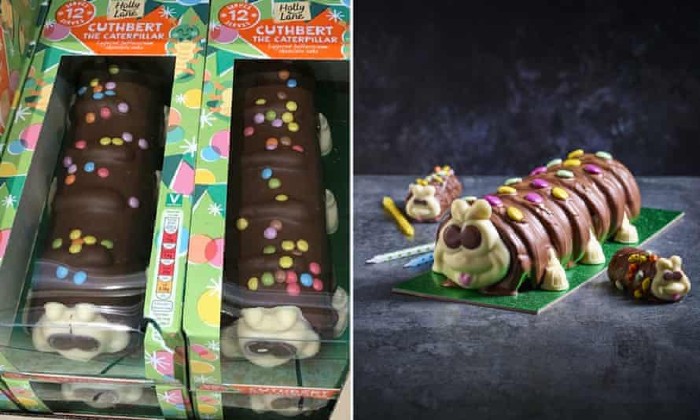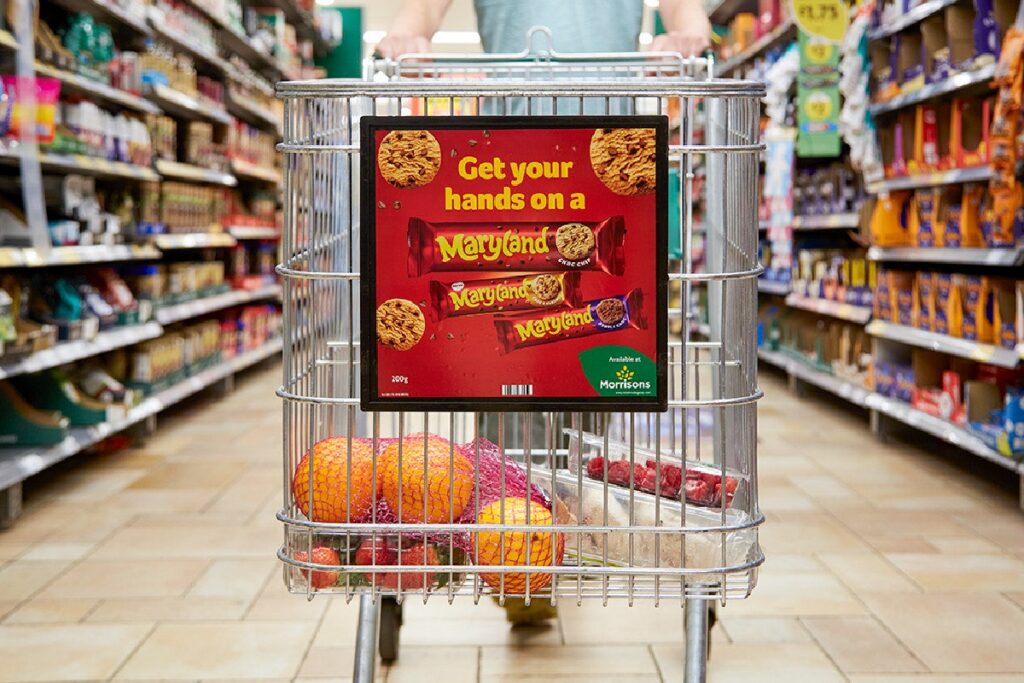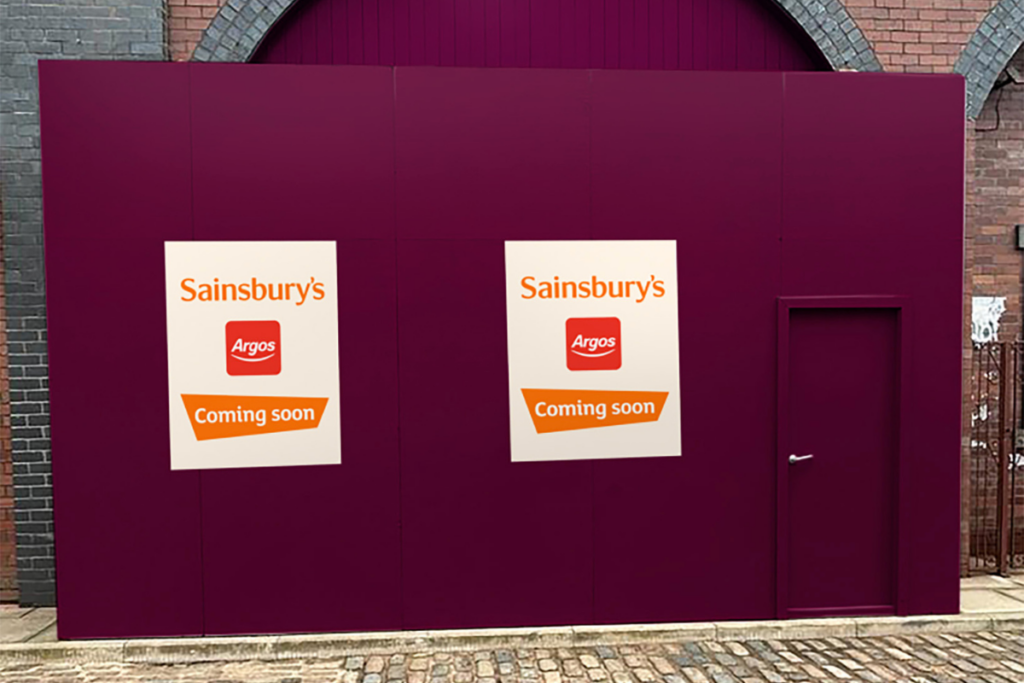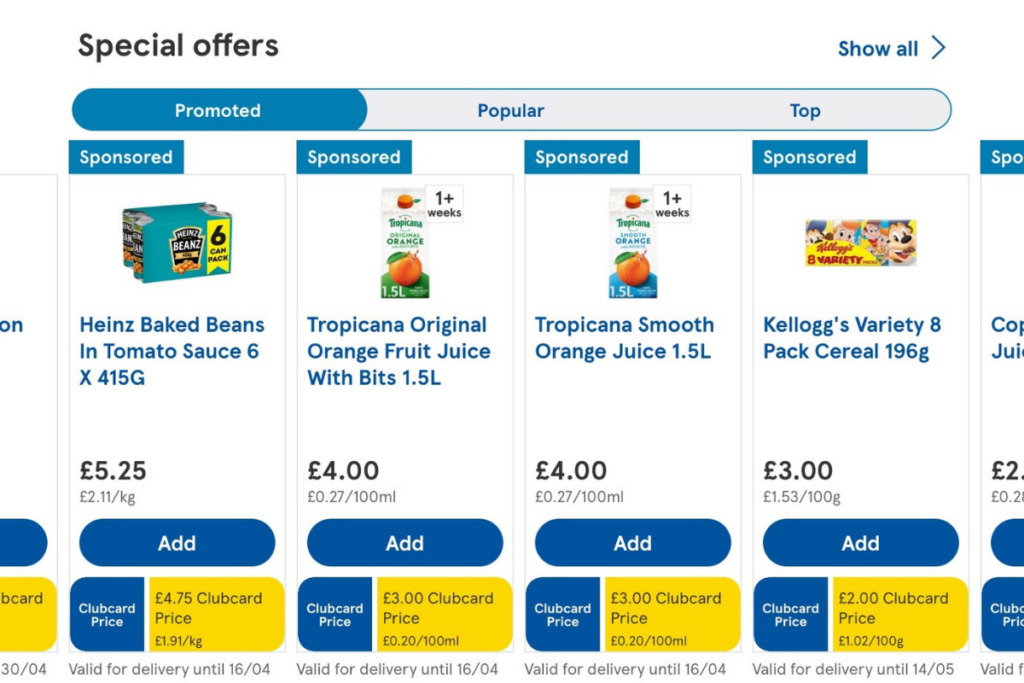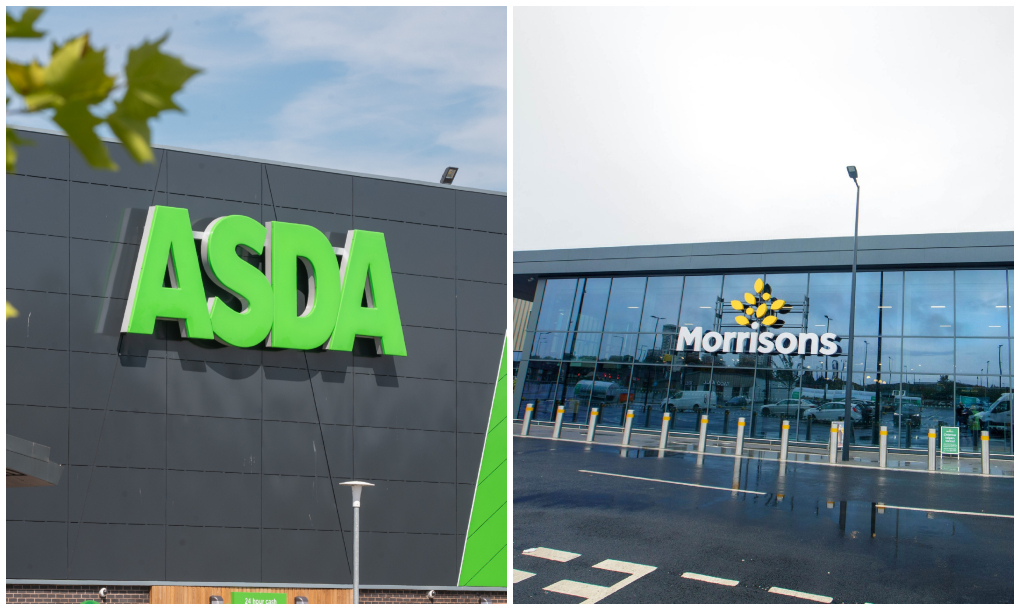Colin the Caterpillar is a British icon.
Whether it’s a birthday, a colleague leaving, or a wedding, Marks & Spencer’s iconic cake of the same is a common sight during these occasions.
However, the much-loved cake grabbed headlines for the wrong reasons last week – Colin was going to court. M&S accused Aldi of copying its iconic cake, and said Aldi’s Cuthbert the Caterpillar design infringed its Colin trademark. M&S also said it could lead shoppers to falsely believing the two products were sourced to the same standards.
It’s not just any lawsuit, though. M&S would need to prove that the appearance of the Colin the Caterpillar cake was so well known that it had its own goodwill, meaning that consumers would recognise it as being an M&S product without any other visual cues.
Dentons lawyers have already logged an intellectual property claim with the High Court, which could force Aldi to stop selling the Cuthbert cake and agree not to sell anything similar in the future.
An Aldi spokesperson said Aldi had not stocked the cake since mid-February and declined to comment further. But over on Twitter, Aldi seemingly attempted to laugh off the lawsuit by responding with “Marks & Snitches” as well as tweets with the “#FreeCuthbert” hashtag.
Had a pretty busy weekend ngl. #FreeCuthbert pic.twitter.com/Gqm5Xn6SH1
— Aldi Stores UK (@AldiUK) April 19, 2021
If M&S’s lawsuit has done anything, it’s brought back Cuthbert the Caterpillar into the spotlight. Aldi also capitalised on the publicity by announcing this morning that it would relaunch a limited edition Cuthbert the Caterpillar cake on May 17. This time though, profits from Cuthbert would go towards charity partners Teenage Cancer Trust and Macmillan Cancer Support – also charity partners of M&S.
Aldi has also stood by its humorous approach to the lawsuit by calling on M&S to “take a stand against caterpillar cruelty”. It also tweeted the following:
Hey @marksandspencer can Colin and Cuthbert be besties? We’re bringing back a limited edition Cuthbert and want to donate profits to cancer charities including your partners @macmillancancer & ours @teenagecancer. Let’s raise money for charity, not lawyers #caterpillarsforcancer.
— Aldi Stores UK (@AldiUK) April 20, 2021
Evidently, Cuthbert is not the first challenger. Since M&S launched the 625g Colin the Caterpillar cake for £7 in 1990, Sainsbury’s has launched Wiggles the Caterpillar, Asda produced Bonnie and Clyde, Tesco introduced Curly, Morrisons produced Morris, the Co-op went for the ‘Curious caterpillar cake’, and Waitrose joined the bandwagon with Cecil.
Aldi’s Cuthbert is £4.99 or 80p per 100g and also has a log-shaped chocolate sponge cake with a chocolate shell. According to M&S, Colin’s appearance has remained largely unchanged for more than 15 years, although the retailer also has a sister Connie the Caterpillar as well as seasonal Halloween and Christmas versions.
For M&S to win its lawsuit, it would need to demonstrate that Aldi’s Cuthbert is so similar that it is a misrepresentation to consumers.
Although the Covid-19 pandemic has arguably benefited all grocers thanks to their status as essential retailers allowing them to keep shops open, German discounters Aldi and Lidl have enjoyed remarkable success since they launched in the UK – especially since the 2008 global financial crisis – and their growing market share continues to chip away at the monopoly held by the Big 4.
Aldi recently took the top spot in an annual Which? survey that determined the UK’s top in-store supermarket. The discount chain won after the consumer lobby group surveyed more than 3000 members of the public about their experience with British supermarkets. Meanwhile, Lidl GB was named Supermarket of the Year at the 2020 Retail Industry Awards, beating the likes of Iceland, Sainsbury’s, and Tesco.
Alex Watt, partner at law firm Howard Kennedy, told Retail Gazette that all of the British high-end grocers feel somewhat threatened by the success of the cheaper supermarkets, particularly at times such as now when price is the critical battleground.
This also isn’t the first example of a copycat design and not even the first to result in a legal complaint.
Last year, Scottish brewers BrewDog responded to a beer being sold by Aldi with a tongue in cheek post announcing a ‘Yaldi’ IPA, with branding colours that resemble the discount supermarket.
Inspired by ALDI's take on Punk IPA from yesterday, we are making a new beer.
YALDI IPA is coming soon!
Maybe our friends @AldiUK will even sell it in their stores? pic.twitter.com/lV5bANS5L3
— James Watt (@BrewDogJames) August 20, 2020
In 2018, Hotel Chocolat claimed victory in its bitter dispute with Waitrose, after the supermarket agreed to stop making bars that the chocolate retailer claimed were copycats of its own. During the row, Hotel Chocolat declared a chocolate “amnesty”, offering anyone who had bought a £2 Waitrose bar the chance to exchange it for one of the chocolatier’s own, which usually sell for £3.95. It ended when Waitrose launched a range of round-shaped chocolate bars in 2019 to replace those that had landed them in the legal dispute.
And in 2017, discount retailer Poundland fell into hot water for its Twin Peaks chocolate bar resembling Toblerone. The case has since been settled out of court.

Watt argued that the Colin and Cuthbert case was unusual because it is a retailer copying a retailer, not a brand.
“When brands have a dispute with retailers, they could face being delisted or poorly stocked, but here, Aldi is never going to list M&S and M&S is never going to stock Aldi,” he said.
This is also not the first time Aldi faced a legal challenge regarding copycat breaches. In 2019, the retailer lost a High Court battle with eponymous cosmetics retailer Charlotte Tilbury over a “lookalike” makeup line. The judge had described the similarities between the two as “substantial”.
Makeup artist Charlotte Tilbury first brought legal action over a breach of copyright against the German discounter in 2018, all of which Aldi denied at the time. However, the High Court found that the packaging of Aldi’s Lacura Broadway Shape and Glow, which retailed at £6.99, had striking similarities to Tilbury’s Filmstar Bronze and Glow palette, which sells for £49.
Steve Kuncewicz, partner at law firm BLM, said the M&S and Aldi case would serve a reminder to retailers of all sizes, whether supermarket giant or independent retailer, of the importance of intellectual property (IP).
“It’s vital they have sufficient IP protection in place, registered or otherwise, to restrain third party use of any element of a brand or product that’s particularly valuable to their business, which could be damaged by the presence of ‘inferior’ competitors,” he said.
“This is essentially what M&S is arguing in this case.”
Aldi would arguably already have expansive legal expertise behind every product that resembles those sold at their competitors. These designs are not by accident and the retailers know what they are doing, loading pre-existing associations and perceptions onto their own products by employing recognisable distinctive assets.
“High-end grocers feel somewhat threatened by the success of the cheaper supermarkets”
The Resilient Retail Club founder Catherine Erdly said the practice of copying other designs was widespread in the retail industry, and that it happens all the time between the big retailers.
“More damagingly in fact, it often happens when big retailers will copy small business and rip off their designs which is arguably more damaging for the small businesses because they lack the resources to be able to take the bigger companies to court,” she told Retail Gazette.
“It can be very damaging to the brand’s reputation if a design that they have created is available elsewhere for less money.
“It’s not beneficial to anyone apart from perhaps the company that is doing the copying because they are able to essentially learn what the customer likes by observing what other businesses do and then copying that for their own benefit.”
Erdly added that despite other supermarkets launching their own versions of caterpillar cakes, Aldi was singled out possibly because Cuthbert is the closest version to that of M&S’s Colin.
“It is the easiest to prove in the court case and therefore would set a precedent that they could then use to then perhaps take action against other businesses with caterpillar cakes or maybe would even make the other businesses feel that they should just take them off sale,” she explained.
“This case proves just how difficult it is to defend yourself against somebody who is copying your design.”
Nicole Clemens, chief executive of branding agency Design by Structure, expects retailers to learn from the current M&S and Aldi row.
“The outcome will set a precedent for me-too brands/copycats,” she said.
“While it may seem almost laughable on the surface, there is a serious aspect to the impact me-too brands have on leader brands.
“In the fast-paced consumer world, businesses work hard and make significant financial investment to develop products and create brands that are memorable and remain relevant – Colin is a 31-year-old success story.
“Me-too brands, which is what Aldi’s Cuthbert is, are common in the grocery sector, designed to look like leading brands, often at a cheaper price-point, they can provide a disappointing experience, creating a detrimental effect on the brand leader.
“While competition can be positive, choice overload can leave consumers confused with a net result of fewer total purchases.
“It is much better to connect with audiences through a genuine point of difference, an authentic personality or a product innovation that can answer a real consumer need.”
Click here to sign up to Retail Gazette’s free daily email newsletter

